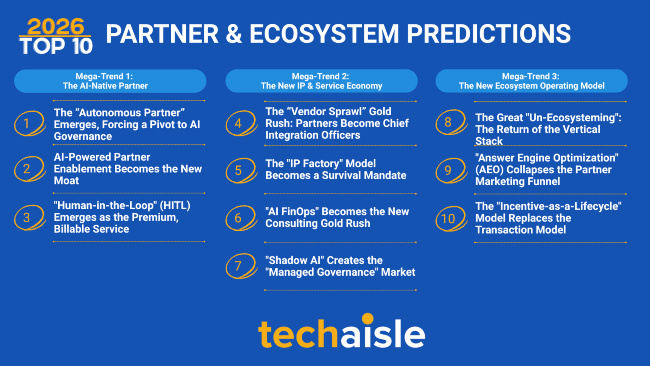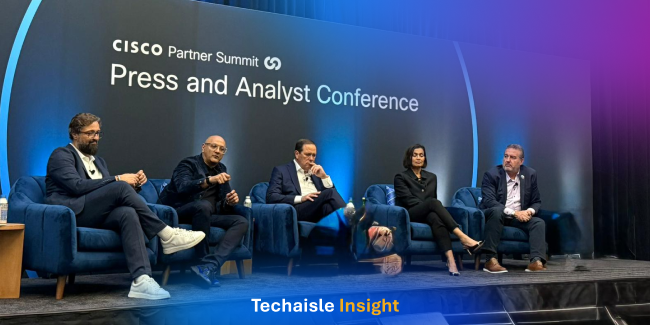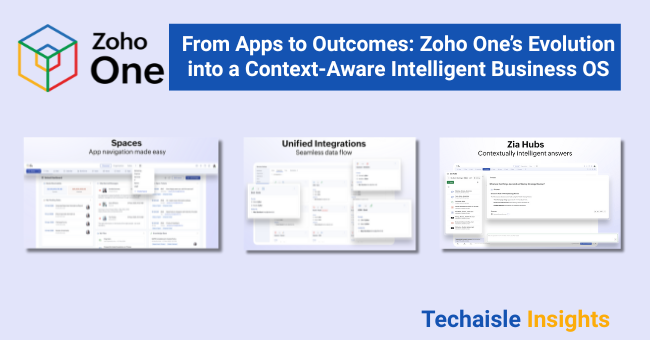The industry has moved past "AI as a feature." We now operate in a world where AI is the fundamental "operating system" of business. The next two years will be defined by a reckoning, separating partners who use AI from partners who become AI-native.
These ten predictions are not isolated trends; they are part of three interconnected "mega-trends" that define the new ecosystem: the rise of the AI-Native Partner, the shift to a new IP & Service Economy, and the creation of a new Ecosystem Operating Model.

Mega-Trend 1: The AI-Native Partner
This mega-trend focuses on the new business models and roles emerging as AI becomes an autonomous actor, not just a tool. It details the profound shift in partner identity, value, and the very nature of human-led services.
1. The Autonomous Partner Emerges, Forcing a Pivot to AI Governance.
The "Autonomous Partner" is a new, AI-native entity where autonomous agents, not humans, deliver the majority of L1/L2 managed services. This bifurcates the market: human-led partners will be forced to pivot from delivering services to becoming "AI Governors," whose premium value lies in the training, security, and governance of these autonomous-agent fleets.
- Implications for Vendors: Your new partner type is an AI. Your partner portal, incentives, and APIs are not built for this. You must develop a "non-human partner" track, with API-based recruitment and programmatic support.
- Implications for Partners: Your business model is not "using AI to be more efficient." Your new business model is "building and managing AI workers." You are either building the "AI Governor" practice or you are being replaced by it.
2. AI-Powered Partner Enablement Becomes the New "Moat."















